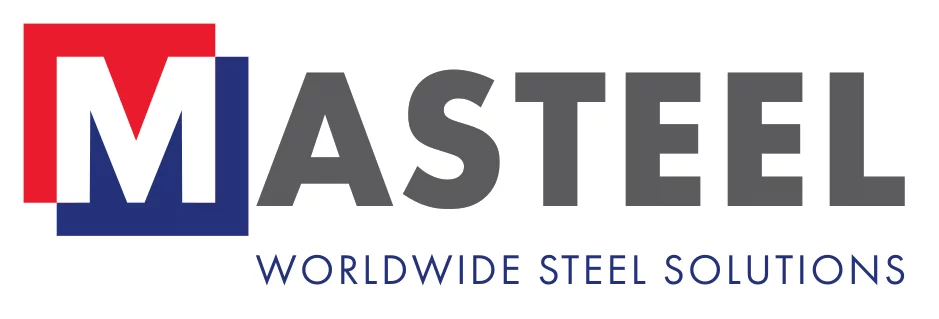Ultra high yield steels are manufactured to perform exceptionally under extreme load stresses.
The types of stress inflicted upon steel, and other heavy industry components, include vibration, compression, and impact. Any of these could cause damage or malfunction to materials that are unable to cope with the amount of stress placed upon them.
Through this blog, we will look at why ultra high yield steels are used, what yield strength is and what the benefits of high yield steels are.
Ultra High Strength Steels (UHSS)
UHSS are frequently used in the mining, offshore and automotive industries, as well as in the construction industry, because after receiving heat treatment, they are able to provide outstanding levels of strength.
The benefits of using high yield steel include:
- Cost-effective
- Suitable for heat treatment with impacting the yield
- Able to withstand extreme pressures
- Manufactured for a variety of industries
- Produced in different forms – such as heavy plates or fabricated sheets
What is yield strength?
Yield strength is the maximum amount of stress a steel can withstand before it becomes permanently disfigured. This measurement is a vital piece of data for the manufacturers that utilize these steels.
For steel to return to its original shape after the stress is taken away, the steel must not have reached the yield point. However, if the yield point is reached, the steel will not be able to return to its original shape.
Tensile vs yield strength
As a technology that is continuously evolving, high tensile steel is an increasingly popular choice on the market. So, what’s the difference between tensile strength and yield strength? We aim to outline this below.
Tensile is used to describe something that has the ability to be stretched or drawn out. Tensile strength refers to the resistance of steel when it is subjected to tensile tension, and is used to pinpoint the limit of when steel undergoes a fracture or failure.
Yield strength, on the other hand, refers to the maximum amount of stress a metal can endure before undergoing permanent deformation.
It is necessary to understand both the tensile strength and yield strength of a product, and one can be more important than the other depending on what process is being carried out.
Masteel’s Ultra High Yield Structural Steels
At Masteel, our ultra high strength steels include the S1100QL and the S1300QL. The S1100QL has a minimum tensile strength of 1100 MPa and S1300QL’s tensile strength is at 1300MPa. These materials are some of the most outstanding high yield steel grades on the market. They are quenched and tempered, easy to weld and bend, but are high in strength.
Although they are relatively new to the market compared to other materials, they are in high demand in the heavy lifting industry where stronger, but lighter, materials are required. Ours, for example, are ideal for the production of crane booms.
If you would like a quote or more information about high yield steel products, please get in touch with us via our contact form and we’d be more than happy to assist you.
